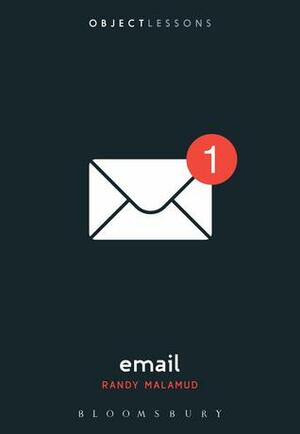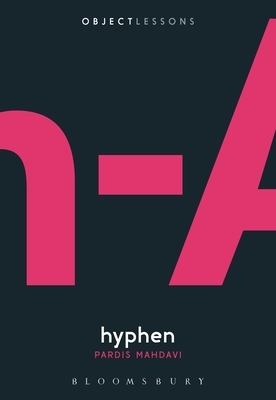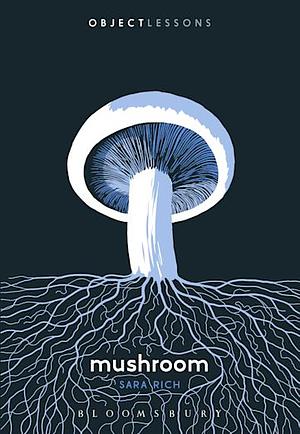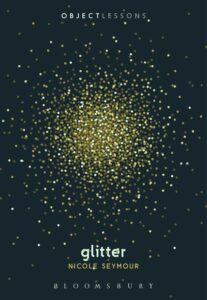
by Randy Malamud
Genres: Non-fictionPages: 184
Series: Object Lessons
Rating:

Synopsis:Do you feel your consciousness, your attention, and your intelligence (not to mention your eyesight) being sucked away, byte by byte, in a deadening tsunami of ill-composed blather, corporate groupthink, commercial come-ons, and other meaningless internet flotsam? Do your work life and your social life, hideously conjoined in your inbox, drag each other down in a surreal cycle of neverending reposts, appointments, and deadlines?
Sometime in the mid-1990s, we began, often with some trepidation, to enroll for a service that promised to connect us-electronically and efficiently-to our friends and lovers, our bosses and merchants. If it seemed at first like simply a change in scale (our mail would be faster, cheaper, more easily distributed to large groups), we now realize that email entails a more fundamental alteration in our communicative consciousness. Despite its fading relevance in the lives of the younger generation in the face of an ever-changing array of apps and media, email is probably here to stay, for better or worse.
Randy Malamud’s Email is a bit of a meditation on email and what it can be used for, with some glimpses into the history of the medium… but mostly it’s a little sceptical, a little dismissive. Now and then he gives into the wonder of the fact that we can almost immediately contact people all over the world and say anything… but mostly he harps on the fragmented focus, the lack of profundity, etc.
As someone who kept in contact with my now-wife mostly only through email for long months when they were teaching in a remote area in Finland, I think Malamud’s vision is sorely lacking. I had whole 100-email threads with friends full of ideas and chatter, which is the only reason I know that after 100 emails in a thread, Gmail starts a new one. I’ve written stories with other people going back and forth by email.
Of course I work with boring, transactional emails every day — and of course those emails aren’t wonders of the world. But I think there’s a lot more to it than Malamud’s willing to see, and more history he could’ve dug into. I know I always harp on about Personal Stereo and Blue Jeans as being my favourites so far from this series, but I crave more books like those two.
Rating: 2/5





